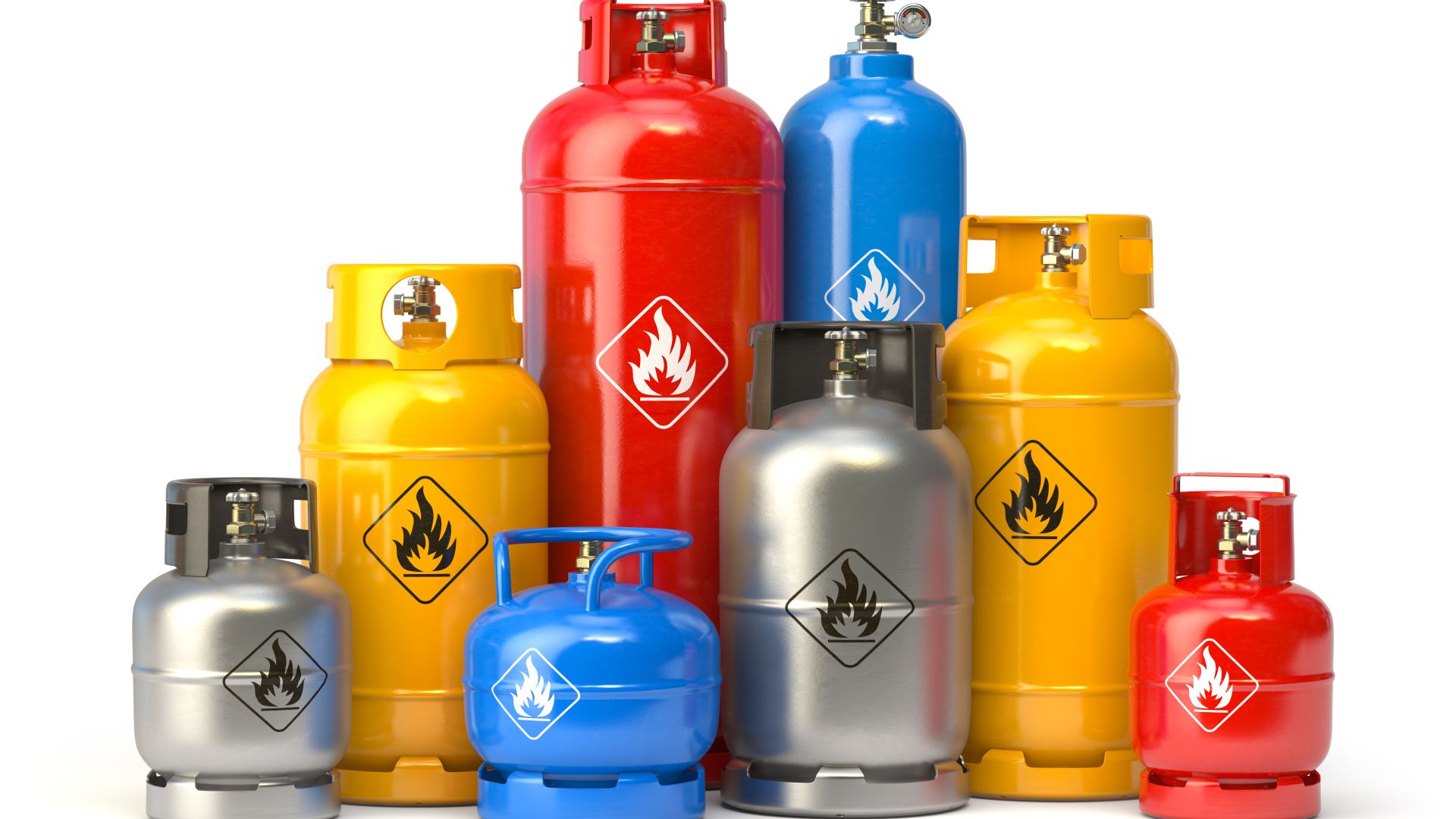Today, the European Parliament, the Council and the European Commission have concluded negotiations to reduce fluorinated gases’ (F-gases) emissions. These gases are up to 25,000 times more climate damaging than CO2, hence their reduction is key to prevent the worsening of global warming.
In the negotiations with the other political groups, and subsequently with the Council, the S&D Group have secured their phasing-out by 2050 at the latest. This will give industries certainty in their efforts to reduce the use of these harmful gases in their products.*
The S&D Group also obtained the limitation of per- and polyfluoroalkyl substances (PFAS chemicals), often referred to as 'forever chemicals.' Extensively used in everyday products, these are known to contaminate soil and water, posing severe health and environmental risks.
Günther Sidl, S&D negotiator in the European Parliament on F-gases, said :
“The reduction of F-gases brings along not only obvious climate and environment benefits, but also economic ones. Clean alternatives exist, and heat pumps employing them offer energy-efficient solutions that translate into savings for consumers. This underscores the fundamental interplay between climate action, innovation, and more efficient systems, all working together in the interests of people and the planet.
“With this milestone legislation, Europe takes a significant step towards a sustainable future, striving to strike a balance between environmental preservation and economic viability. By committing to the phase-out of F-gases, we set a global precedent and lay the groundwork for a cleaner, healthier world.
“With the ozone depleting substances and the F-gases regulations, in total we will achieve a reduction of 500 million tonnes of CO2 emissions until 2050. And the ban on small splits for heat pumps will lead to a reduction in temperature of 0.1 degrees.”
Note to editors:
*F-gases are commonly found in applications such as air conditioning systems, heat pumps, switchgears and asthma sprays.










